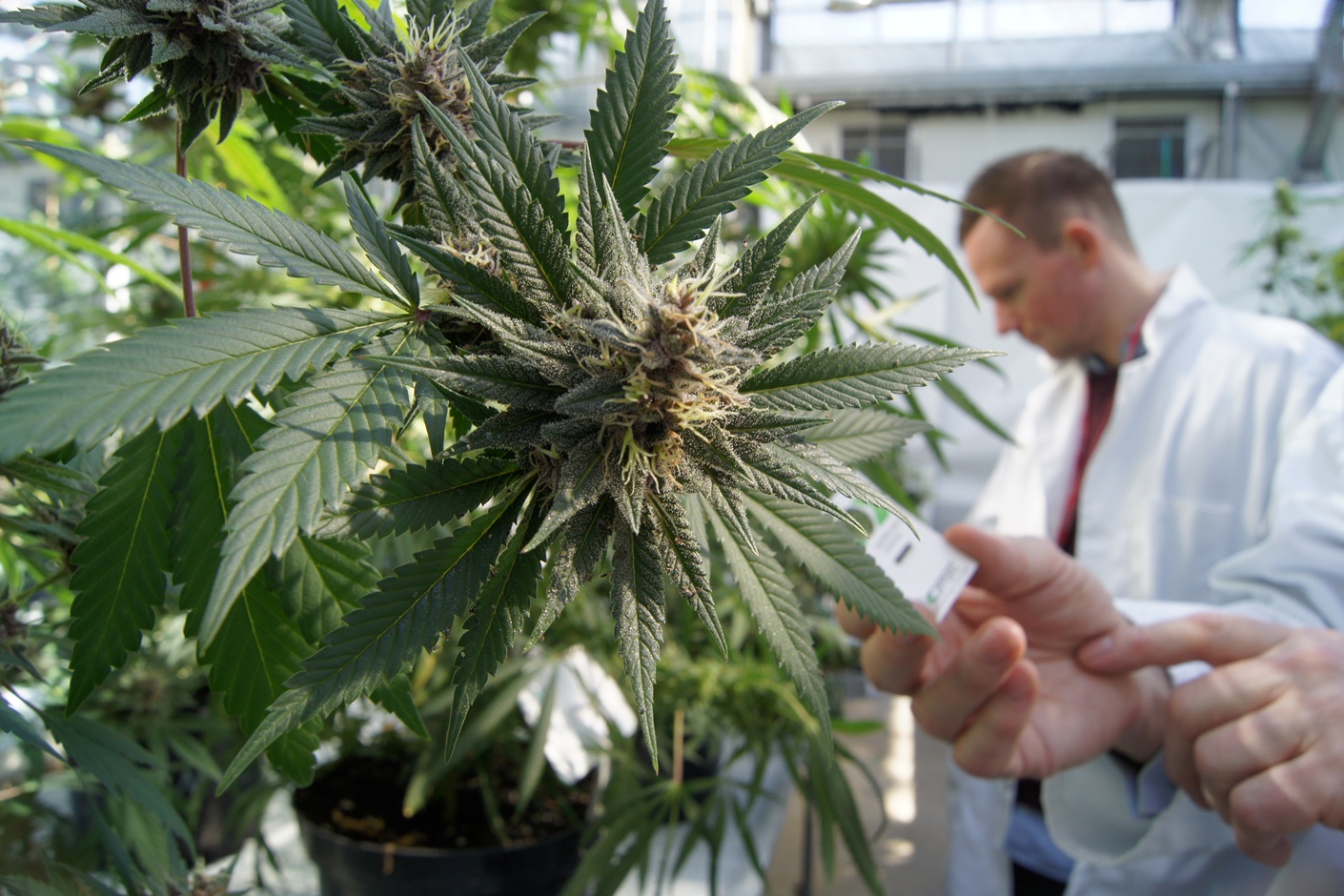Marijuana has been in the news a lot recently since its legalization for full medical use in 23 states and Washington, D.C. While approved at the state level for medical use in those regions, marijuana remains an illegal substance under federal law, and little research has been done by the Food and Drug Administration in an effort to eventually legalize the substance completely. In an attempt to provide better research and education to the public regarding marijuana, Humboldt State University has opened the very first marijuana institute—an academic effort made up primarily of University faculty.
The first of its kind marijuana institute focuses on research rather than advocacy. “They finally tapped into something that’s a big local concern and part of the identity here,” said politics professor Jason Plume to the Times-Standard. Plume is one of the professors involved in the marijuana institute, and he offers lectures on the legalization plans being implemented around the country.
The institute, now called the Humboldt Institute for Interdisciplinary Marijuana Research, is hosts a series of lectures, open to the public, on marijuana research. Topics include how marijuana cultivation affects wildlife, policy changes and the environmental impact of marijuana.
The marijuana institute is the first to have a focus solely on marijuana research, something Humboldt State University started considering when marijuana legalization appeared on the California ballot in 2010.
The initiative will have 11 staff members, reports the Associated Press, with research fields including economics, politics, psychology and geography.
“If anyone is going to have a marijuana institute, it really should be Humboldt State,” said Erick Eschker, an HSU economics professor and the institute’s co-chair, to the Times-Standard. “It has the potential to be a world-class institute, and we’re just getting going.”
Eschker adds the new marijuana institute is not about advocacy. The facility will be a place where people and researchers can go to have their questions about marijuana answered. Thus far, several researchers have already contacted the new facility, though staff members say they are still working on getting the word out about the institute.
Eventually, the new program would like to host a marijuana conference for both national and international marijuana researchers. Faculty is also working toward opening a new section in the university library that is solely focused on marijuana literature.
“The stigma for marijuana research is pretty much lifted,” said Anthony Silvaggio, a sociology professor also involved in the new facility’s research.



Leave A Comment